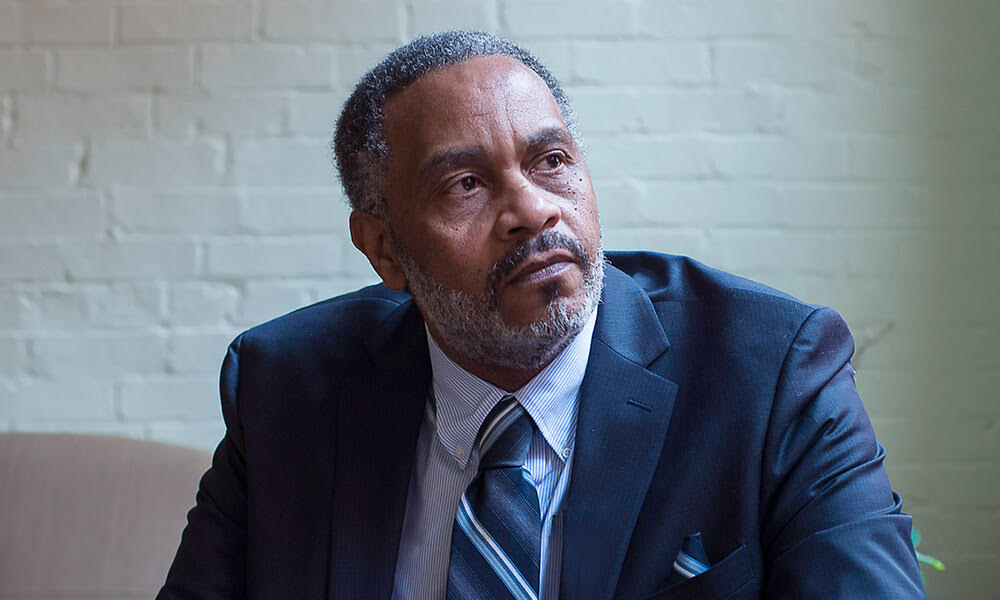Anthony Ray Hinton, a Black man who spent 30 years on death row for a crime he did not commit, served as the guest speaker for Binghamton University’s new common experience program for first-year students on Sept 2.
In 1985, despite having no prior history of violence, Hinton was identified by a manager in a photo lineup for attacking a restaurant. Earlier that year, Hinton was accused of killing two other managers. The officers arrested him for murder and other charges, despite his innocence.
According to Hinton, the officers were going to make sure that he was found guilty, even though they knew it was not him. The gun used to convict Hinton was a pistol that belonged to his mother, which, according to Hinton, had not been fired in 20 years. Although exonerated by a polygraph test, Hinton was still convicted and sentenced to death.
In 2002, firearm examiners found that the pistol did not match the bullets used to commit the crime. After a 12-year legal battle, Hinton was released from prison on April 3, 2015 after serving one of the longest death row sentences in the history of Alabama.
Before this event, many of the attendees were advised to read Bryan Stevenson’s “Just Mercy: A Story of Justice and Redemption,” a New York Times bestseller which calls to fix the broken justice system in America, along with Ava DuVernay’s documentary, “13th,” detailing the history of prisons being used as a form of slavery under the law. This was to help all attendees gain more of an understanding about the issues discussed during the event.
The event concluded with a fireside chat allowing Hinton to answer questions about his opinions on social issues and how his worldview changed after being on death row.
“I thought that the justice system was fair,” Hinton said. “I thought that when a police officer arrested someone they have committed a crime. What I was raised up to believe is far from the truth.”
Throughout the event, many people left comments about how they were impacted by Hinton’s speech. Kendra Gourgue, vice president of the Black Student Union and a junior majoring in English, was a student cohost for this event and said she walked away empowered by Hinton.
“His speech was emotional, truthful, heartbreaking and real,” Gourgue said. “I think as college students, or those outside the mass incarceration system, we forget about the lives of those imprisoned.”
Cohost Khaleel James, president of the Student Association (SA) and a senior double-majoring in economics and human development , said he believes there is a lot of tension in the United States involving the criminal justice system. James said Hinton’s story is a perfect example of the injustices in America.
“Hinton’s story felt right to me,” James said. “And I’m glad we were fortunate enough to have him give us his time.”
The event was sponsored by the Multicultural Resource Center (MRC) and saw over 300 attendees in a webinar setting due to the current global pandemic.
“Given the circumstances, I can say that was a good turn out,” James said.
Kelli Smith, an assistant vice president for student success, booked Hinton to speak at this event. Smith wanted to build a community for incoming students and felt with recent protests following the murder of George Floyd and other Black Americans that racial inequality and discrimination are current and important topics. She found out about Hinton through Bryan Stevenson’s Equal Justice Institute, as Stevenson was Hinton’s attorney.
“Our University leadership felt it was important to tackle this topic and create opportunities for rich, small group discussions for our new students,” Smith said. “This is especially important with an election on the horizon.”



